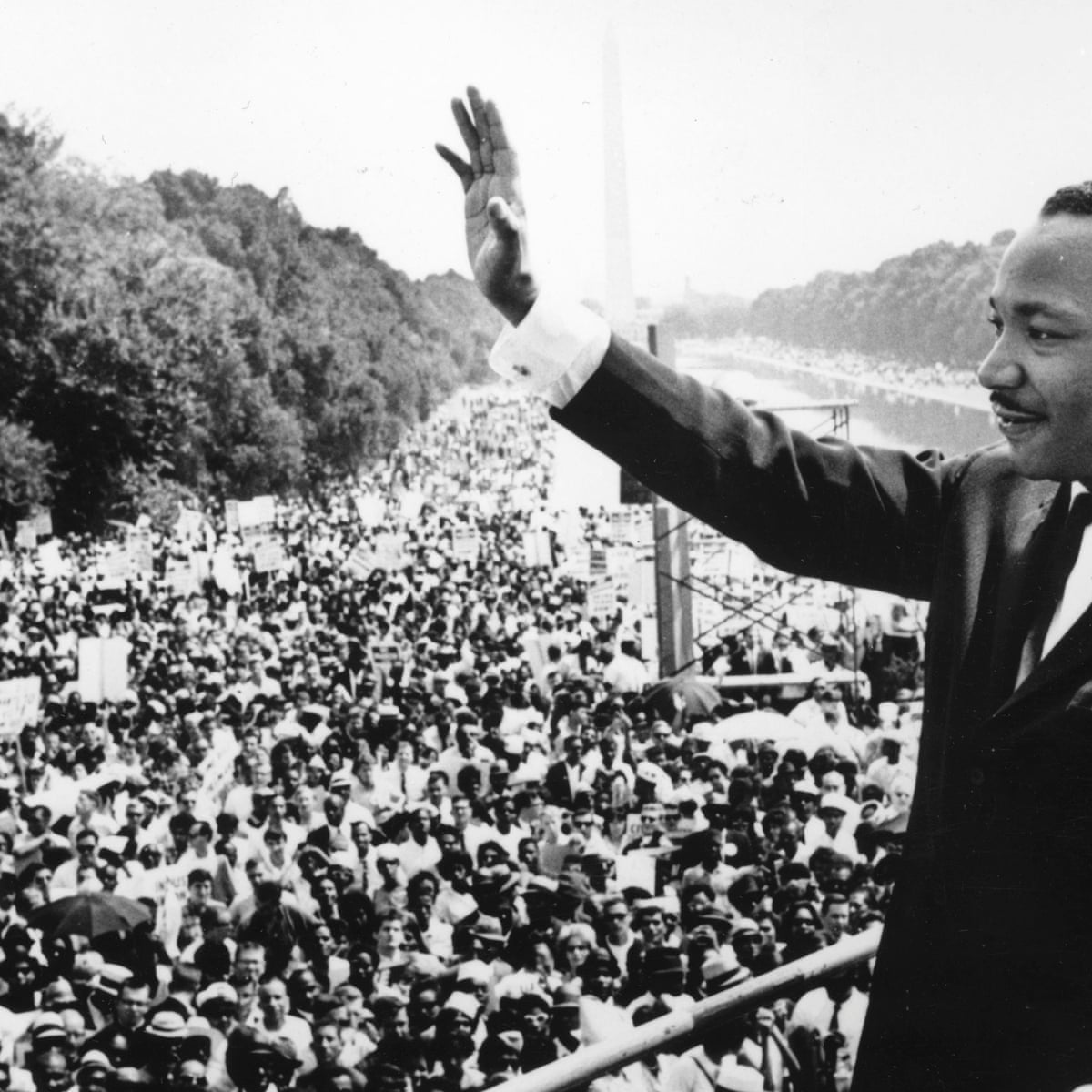Your Frederick douglass 1852 fourth of july speech text images are ready in this website. Frederick douglass 1852 fourth of july speech text are a topic that is being searched for and liked by netizens today. You can Get the Frederick douglass 1852 fourth of july speech text files here. Find and Download all royalty-free images.
If you’re looking for frederick douglass 1852 fourth of july speech text pictures information linked to the frederick douglass 1852 fourth of july speech text interest, you have pay a visit to the ideal site. Our site frequently provides you with hints for downloading the maximum quality video and image content, please kindly surf and locate more informative video articles and graphics that fit your interests.
Frederick Douglass 1852 Fourth Of July Speech Text. You may rejoice I must mourn. To drag a man in fetters into the grand illuminated temple of liberty and call upon him to join you in joyous anthems were inhuman mockery and sacrilegious irony. A British anti-slavery medallion created by Josiah Wedgwood Sons some time after 1787. President Friends and Fellow Citizens.
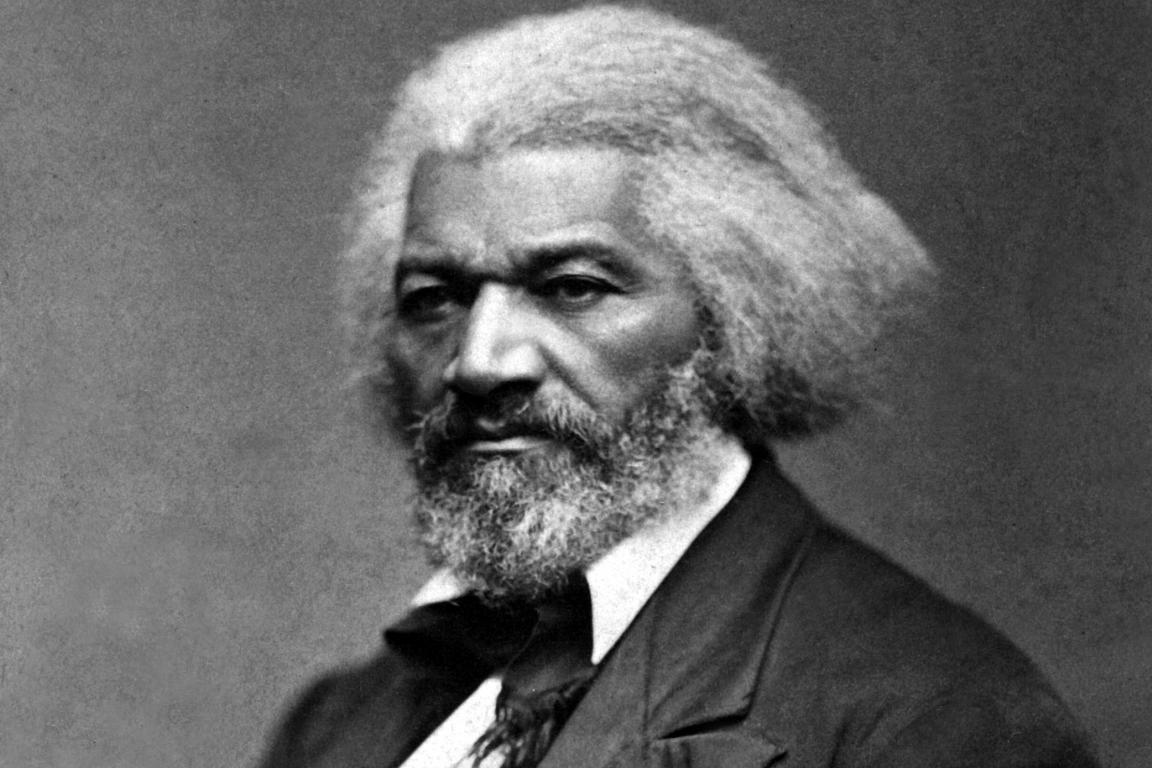 A Nation S Story What To The Slave Is The Fourth Of July National Museum Of African American History And Culture From nmaahc.si.edu
A Nation S Story What To The Slave Is The Fourth Of July National Museum Of African American History And Culture From nmaahc.si.edu
In a Fourth of July holiday special we hear the words of Frederick Douglass. On July 5 1852 Frederick Douglass who risked arrest and possible death as a runaway slave gave his speech What to the Slave is the Fourth of July. What to the Slave is the Fourth of July July 5 1852 Rochester New York See full text Fellow Citizens. This 4th of July is yours not mine. Pride and patriotism not less than gratitude prompt you to celebrate and to hold it in perpetual remembrance. This Fourth of July is yours not mine.
To drag a man in fetters into the grand illuminated temple of liberty and call upon him to join you in joyous anthems were inhuman mockery and sacrilegious irony.
The following post is an abridged version of Fredrick Douglass famed speech What to the Slave is the Fourth of July originally delivered at Corinthian Hall in Rochester New York on July 5 1852. Frederick Douglass What to the Slave Is the Fourth of July 1852 1 Mr. Suprised to be alive. The 4th of July is the first great fact in your nations history - the very ring-bolt in the chain of your yet undeveloped destiny. It was biting oratory in which the speaker told his audience This Fourth of July is yours not mine. The text of Frederick Douglasss 1852 speech What to the slave is the Fourth of July A photograph of Sojourner Truth.
 Source: racismreview.com
Source: racismreview.com
To drag a man in fetters into the grand illuminated temple of liberty and call upon him to join you in joyous anthems were inhuman mockery and sacrilegious irony. You may rejoice I must mourn. Pride and patriotism not less than gratitude prompt you to celebrate and to hold it in perpetual remembrance. The sunlight that brought life and healing to you has brought stripes and death to me. He who could address this audience without a quailing sensation has stronger nerves than I have.
 Source: blogs.loc.gov
Source: blogs.loc.gov
You may rejoice I must mourn. Pardon me and allow me to ask why am I called to speak here today. Frederick Douglass What to the lave is the Fourth of July July 5 1852 Excerpts Source. To drag a man in fetters into the grand illuminated temple of Liberty and call upon him to join you in joyous anthems were inhuman mockery in sacrilegious irony. While the pamphlet bears the rather stiff title Oration Delivered in Corinthian Hall Rochester by Frederick Douglass July 5th 1852 Douglass anti-slavery speech is now known widely as What to the Slave Is the Fourth of July.
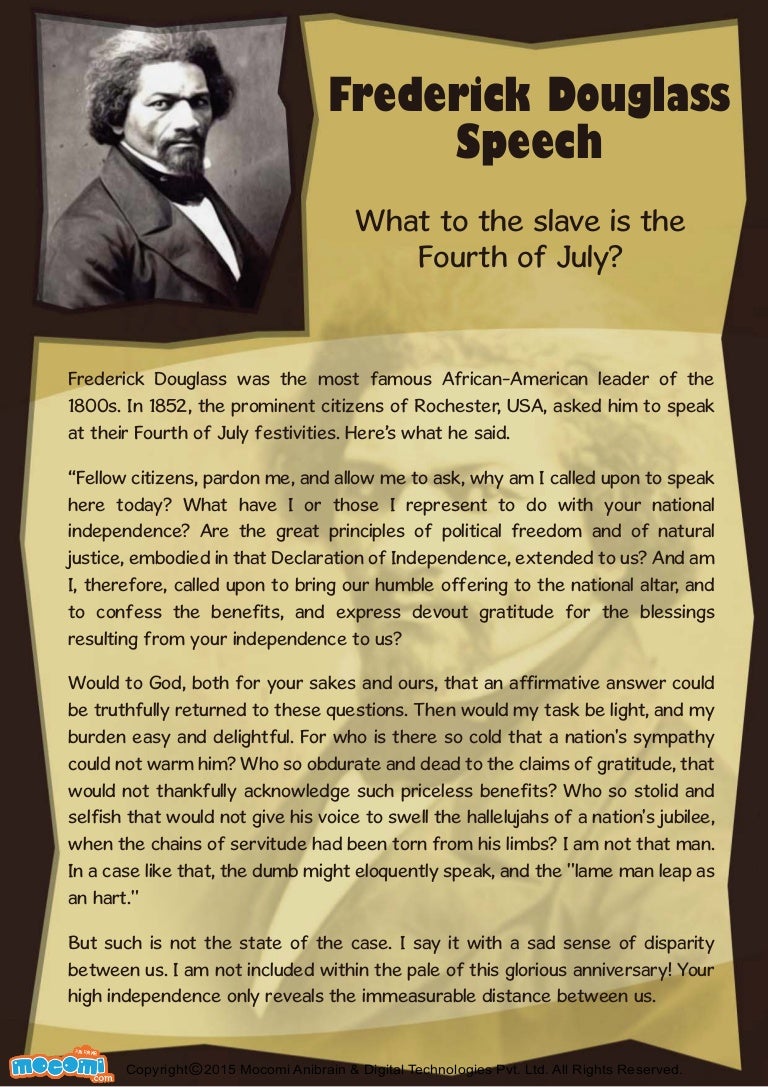 Source: slideshare.net
Source: slideshare.net
I have said that the Declaration of. Oration Delivered in Corinthian Hall Rochester by Frederick Douglass July 5th 1852 Rochester. Every year on this day Frederick Douglasss fiery uncompromising 1852 speech T he Meaning of July 4th for the Negro gets a new hearing and takes on added resonance in the context of contemporary politics. You may rejoice I must mourn. The 4th of July is the first great fact in your nations history - the very ring-bolt in the chain of your yet undeveloped destiny.
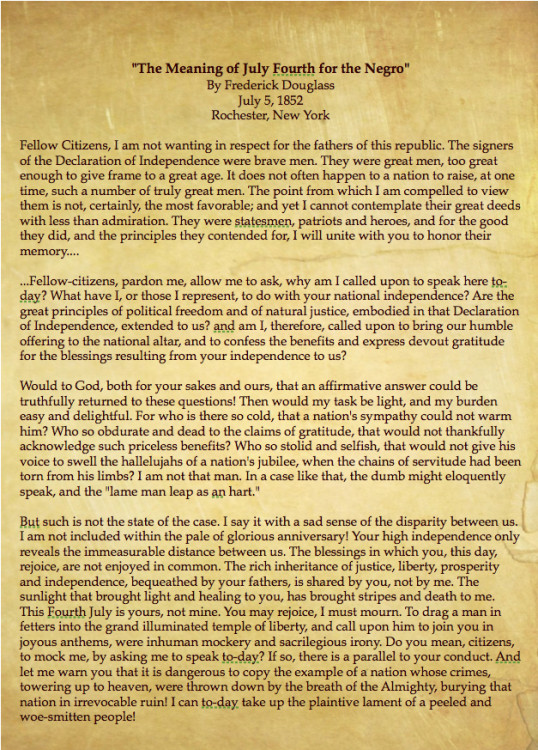 Source: abhmuseum.org
Source: abhmuseum.org
You may rejoice I must mourn. Fellow-citizens pardon me allow me to. In a Fourth of July holiday special we hear the words of Frederick Douglass. While the pamphlet bears the rather stiff title Oration Delivered in Corinthian Hall Rochester by Frederick Douglass July 5th 1852 Douglass anti-slavery speech is now known widely as What to the Slave Is the Fourth of July. He who could address this audience without a quailing sensation has stronger nerves than I have.
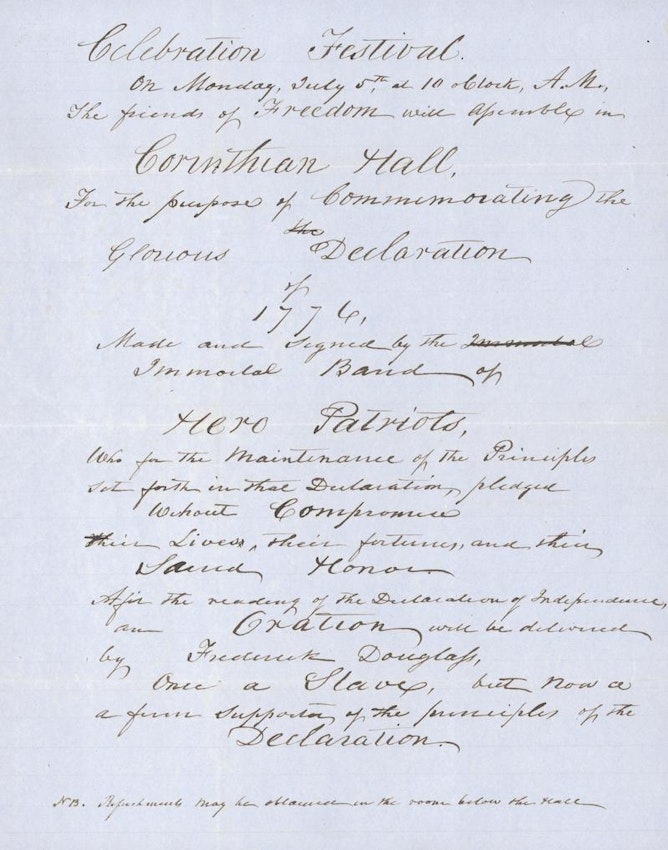 Source: publicdomainreview.org
Source: publicdomainreview.org
It has never ceased to speak directly to those for whom the celebrations can seem like a hollow mockery of freedom and independence. Suprised to be alive. The full text of the speech can be found here. The close reading of the text considers Douglass use of comparison via thesis and antithesis as the organizing principle of his speech and as the primary rhetorical strategy by which he adapted the epideictic occasion of the Fourth of July oration to the task of making the past useful in behalf of emancipation and advanced an interpretational consistency among the abolitionists cause. This 4th of July is yours not mine.
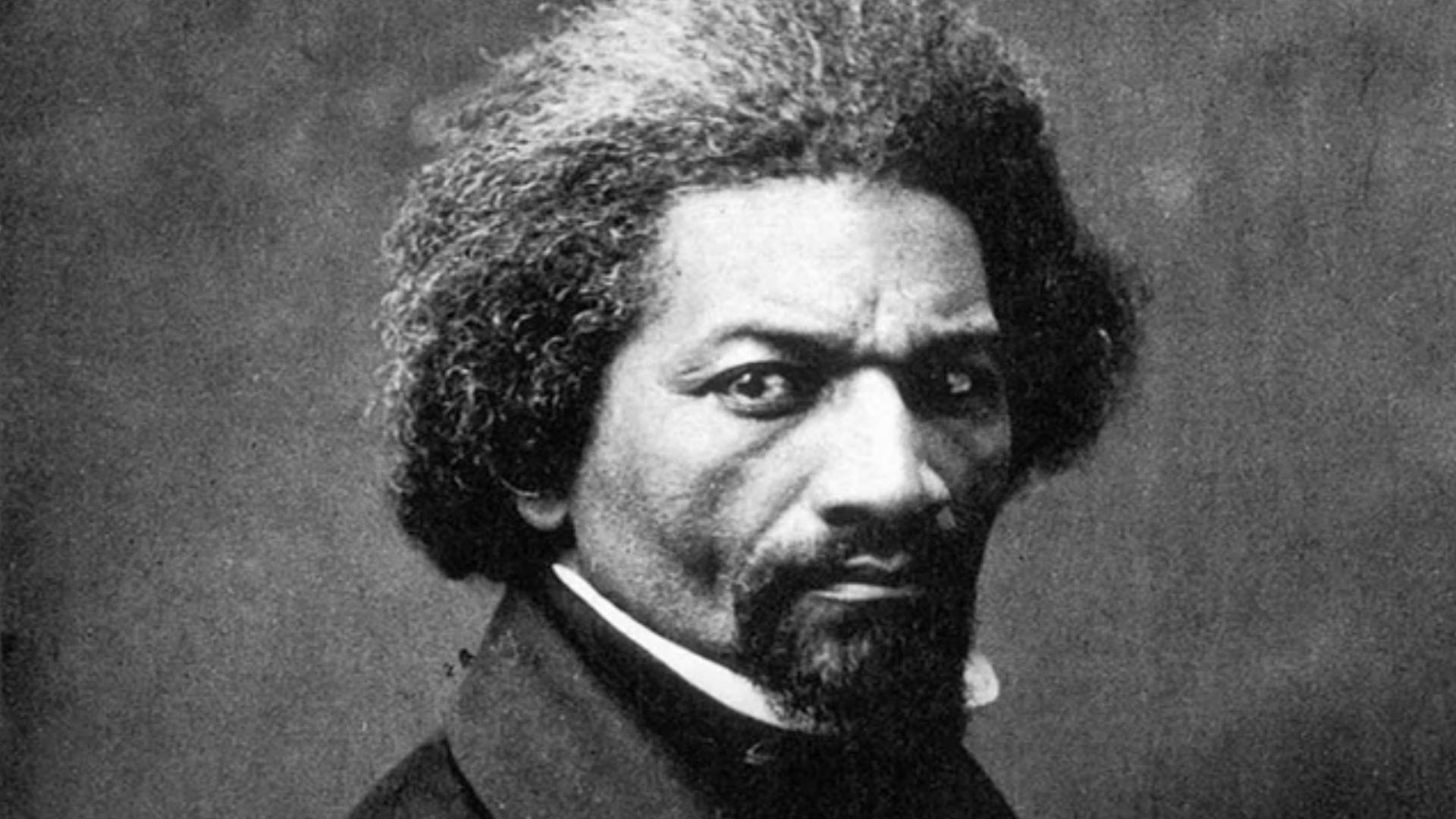 Source: rev.com
Source: rev.com
What to the Slave is the Fourth of July July 5 1852 Rochester New York See full text Fellow Citizens. This 4th of July is yours not mine. On July 5 1852 Douglass recited the speech before an abolitionist group explaining that the celebration is a sham. Frederick Douglass What to the lave is the Fourth of July July 5 1852 Excerpts Source. It was biting oratory in which the speaker told his audience This Fourth of July is yours not mine.

The text of Frederick Douglasss 1852 speech What to the slave is the Fourth of July A photograph of Sojourner Truth. I have said that the Declaration of. The close reading of the text considers Douglass use of comparison via thesis and antithesis as the organizing principle of his speech and as the primary rhetorical strategy by which he adapted the epideictic occasion of the Fourth of July oration to the task of making the past useful in behalf of emancipation and advanced an interpretational consistency among the abolitionists cause. The following post is an abridged version of Fredrick Douglass famed speech What to the Slave is the Fourth of July originally delivered at Corinthian Hall in Rochester New York on July 5 1852. The sunlight that brought light and healing to you has brought stripes and death to me.
 Source: nmaahc.si.edu
Source: nmaahc.si.edu
It was biting oratory in which the speaker told his audience This Fourth of July is yours not mine. The sunlight that brought life and healing to you has brought stripes and death to me. To drag a man in fetters into the grand illuminated temple of liberty and call upon him to join you in joyous anthems were inhuman mockery and sacrilegious irony. Many copies of one section of it beginning in paragraph 32 have. Suprised to be alive.
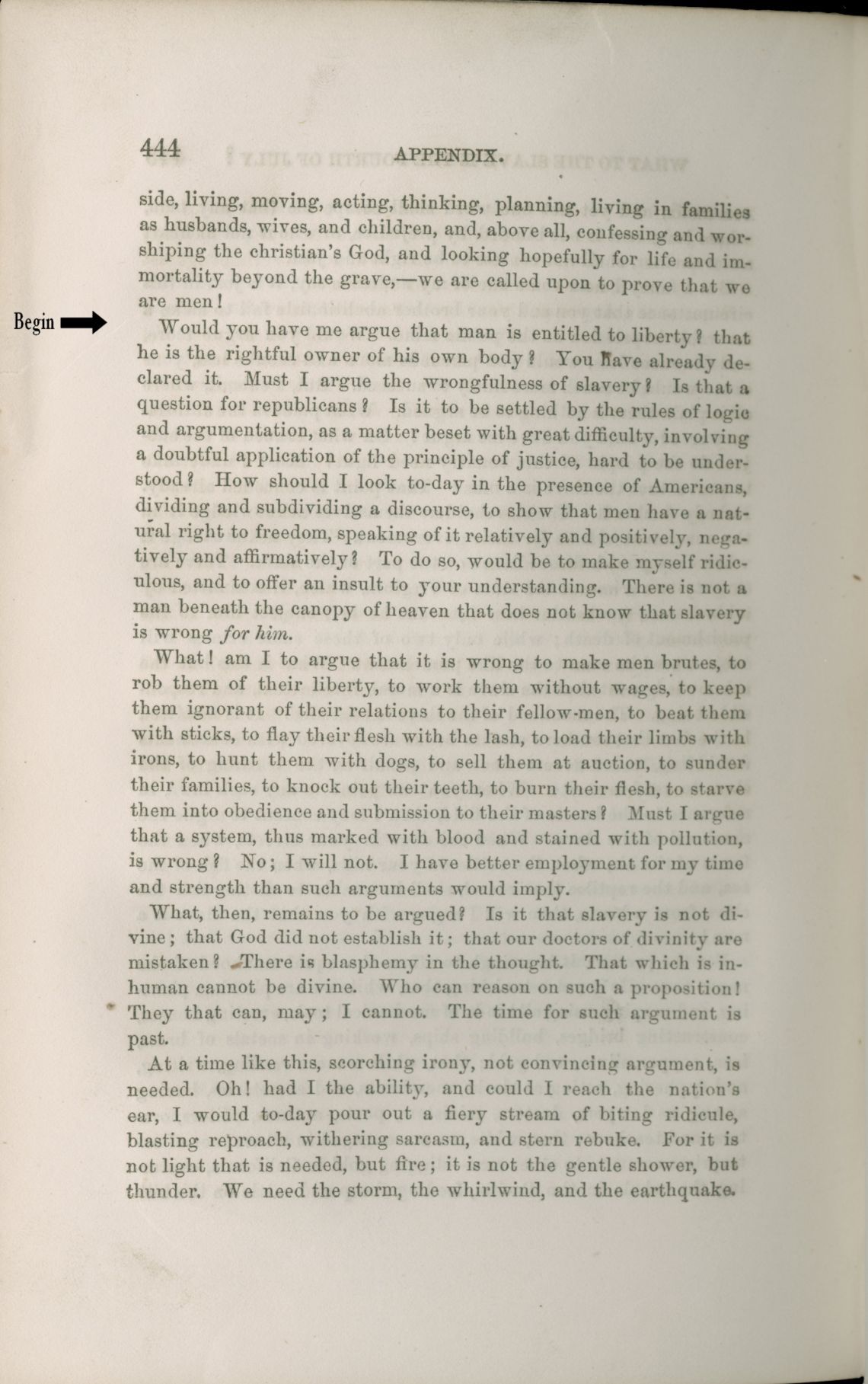 Source: phillytrib.com
Source: phillytrib.com
Pardon me and allow me to ask why am I called to speak here today. The following post is an abridged version of Fredrick Douglass famed speech What to the Slave is the Fourth of July originally delivered at Corinthian Hall in Rochester New York on July 5 1852. Frederick Douglass 4th of July Speech. You may rejoice I must mourn. On July 5 1852 Douglass recited the speech before an abolitionist group explaining that the celebration is a sham.
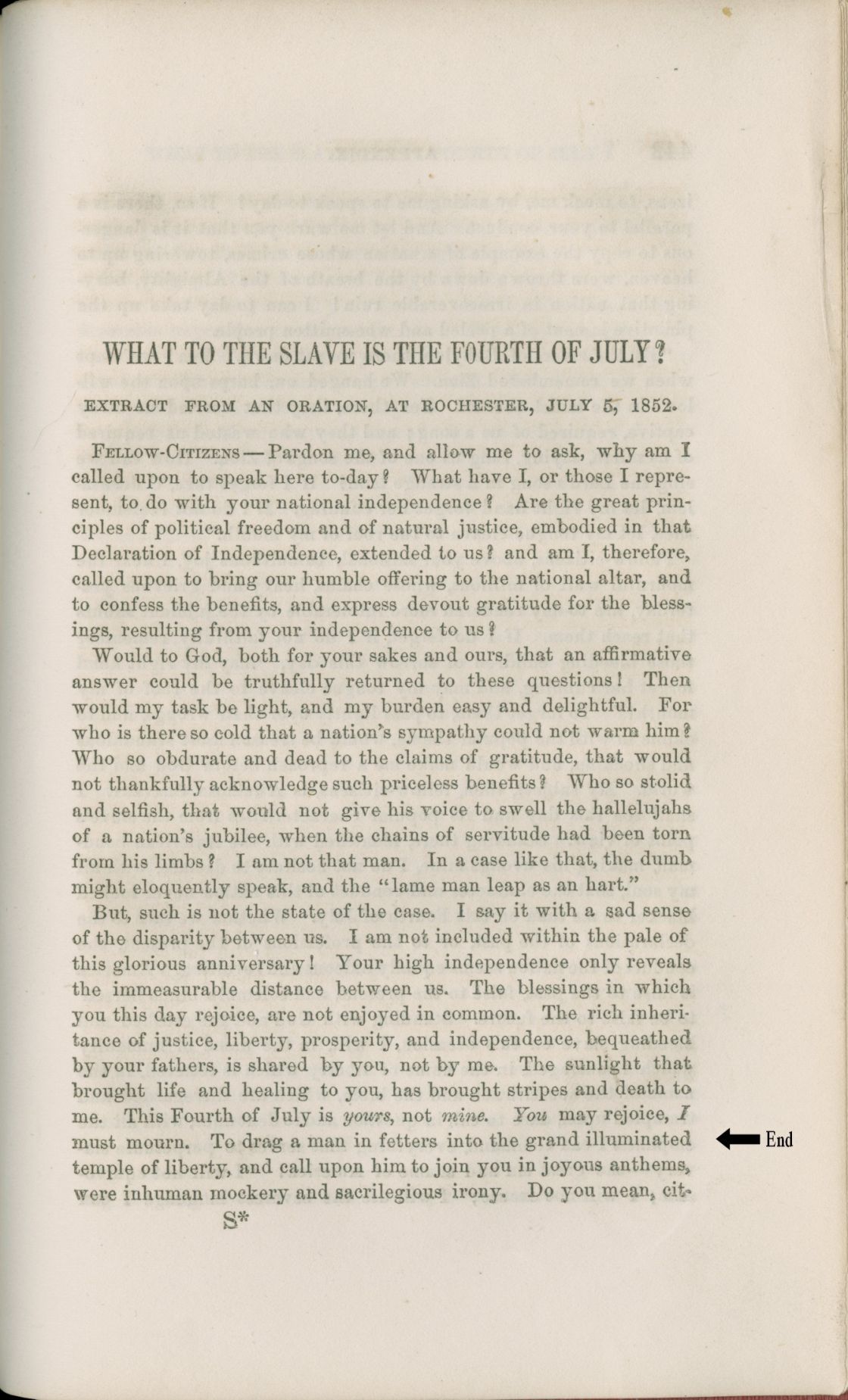 Source: phillytrib.com
Source: phillytrib.com
Pride and patriotism not less than gratitude prompt you to celebrate and to hold it in perpetual remembrance. In a Fourth of July holiday special we hear the words of Frederick Douglass. Do you mean citizens to mock me by asking me to speak to-day On July 5 1852 Frederick Douglass gave a speech at an Independence Day celebration organized by the Rochester Ladies Anti-Slavery Society. A British anti-slavery medallion created by Josiah Wedgwood Sons some time after 1787. This 4th of July is yours not mine.
 Source: wgbh.org
Source: wgbh.org
What to the Slave is the Fourth of July July 5 1852 Rochester New York See full text Fellow Citizens. What to the Slave is the Fourth of July July 5 1852 Rochester New York See full text Fellow Citizens. The 4th of July is the first great fact in your nations history - the very ring-bolt in the chain of your yet undeveloped destiny. On July 5 1852 Frederick Douglass who risked arrest and possible death as a runaway slave gave his speech What to the Slave is the Fourth of July. Do you mean citizens to mock me by asking me to speak to-day On July 5 1852 Frederick Douglass gave a speech at an Independence Day celebration organized by the Rochester Ladies Anti-Slavery Society.
 Source: pdfprof.com
Source: pdfprof.com
On July 5 1852 Frederick Douglass who risked arrest and possible death as a runaway slave gave his speech What to the Slave is the Fourth of July. The close reading of the text considers Douglass use of comparison via thesis and antithesis as the organizing principle of his speech and as the primary rhetorical strategy by which he adapted the epideictic occasion of the Fourth of July oration to the task of making the past useful in behalf of emancipation and advanced an interpretational consistency among the abolitionists cause. On July 5 1852 Douglass recited the speech before an abolitionist group explaining that the celebration is a sham. What to the Slave Is the Fourth of July is the title now given to a speech by Frederick Douglass delivered on July 5 1852 in Corinthian Hall Rochester New York addressing the Rochester Ladies Anti-Slavery Society. You may rejoice I must mourn And he asked them Do you mean citizens to mock me by.
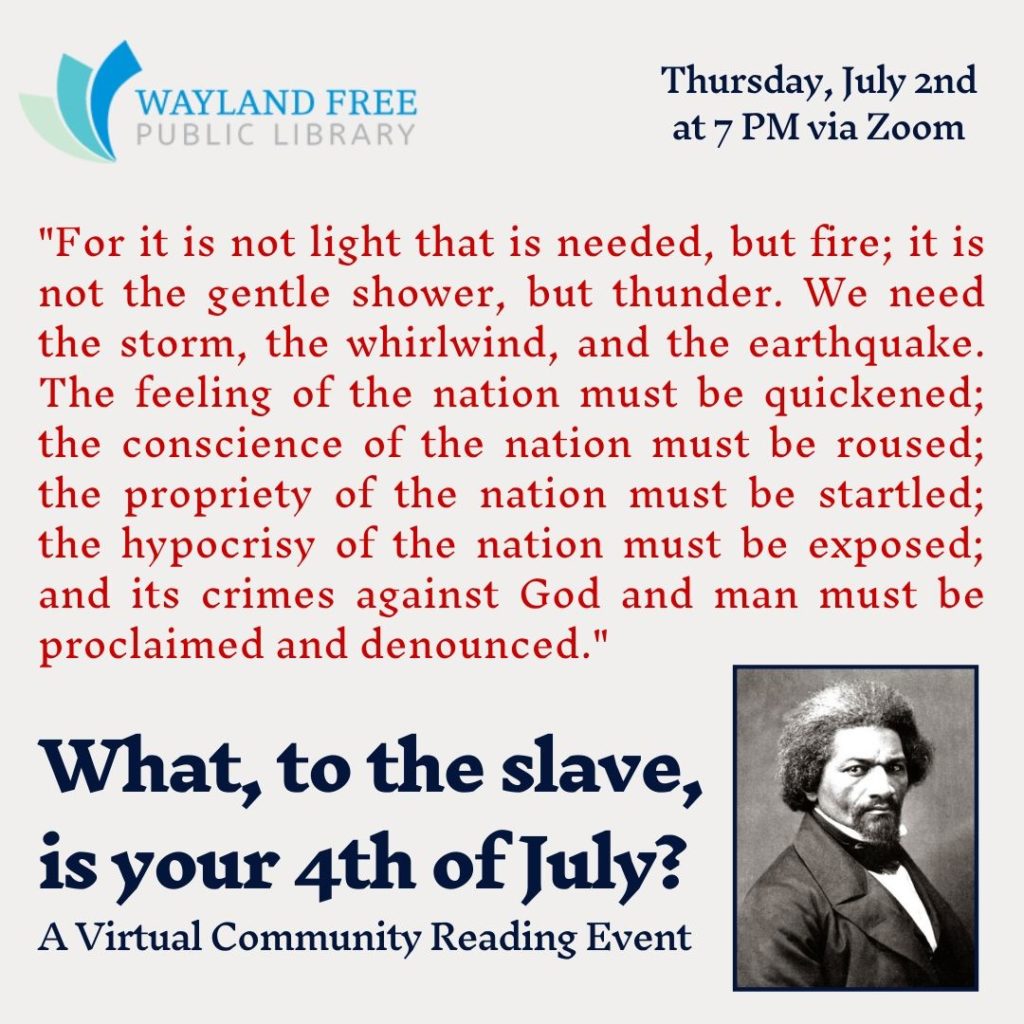 Source: masshumanities.org
Source: masshumanities.org
It was biting oratory in which the speaker told his audience This Fourth of July is yours not mine. On July 5 1852 Frederick Douglass who risked arrest and possible death as a runaway slave gave his speech What to the Slave is the Fourth of July. Suprised to be alive. The full text of the speech can be found here. This Fourth of July is yours not mine.

The full text of the speech can be found here. I do not remember ever to have appeared as a. Pardon me and allow me to ask why am I called to speak here today. Co 1852 from the Gilder Lehrman Institute of American History GLC06829 whats that. This Fourth July is yours not mine.

The sunlight that brought life and healing to you has brought stripes and death to me. Fellow-citizens pardon me allow me to. In a Fourth of July holiday special we hear the words of Frederick Douglass. Co 1852 from the Gilder Lehrman Institute of American History GLC06829 whats that. You may rejoice I must mourn.
 Source: store.ushistory.org
Source: store.ushistory.org
Whats is he saying. The full text of the speech can be found here. This Fourth of July is yours not mine. To drag a man in fetters into the grand illuminated temple of liberty and call upon him to join you in joyous anthems were inhuman mockery and sacrilegious irony. The close reading of the text considers Douglass use of comparison via thesis and antithesis as the organizing principle of his speech and as the primary rhetorical strategy by which he adapted the epideictic occasion of the Fourth of July oration to the task of making the past useful in behalf of emancipation and advanced an interpretational consistency among the abolitionists cause.
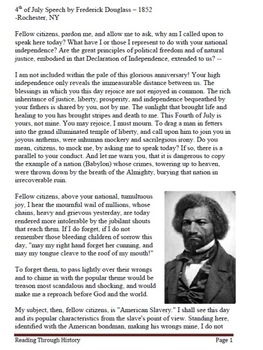 Source: pdfprof.com
Source: pdfprof.com
You may rejoice I must mourn And he asked them Do you mean citizens to mock me by. I have said that the Declaration of. To drag a man in fetters into the grand illuminated temple of liberty and call upon him to join you in joyous anthems were inhuman mockery and sacrilegious irony. Fellow-citizens pardon me allow me to. To drag a man in fetters into the grand illuminated temple of Liberty and call upon him to join you in joyous anthems were inhuman mockery in sacrilegious irony.

The full text of the speech can be found here. This Fourth July is yours not mine. Listen to and read text from The Meaning of July Fourth for the Negro written by abolitionist and former slave. Frederick Douglass 4th of July Speech. I have said that the Declaration of.
This site is an open community for users to do submittion their favorite wallpapers on the internet, all images or pictures in this website are for personal wallpaper use only, it is stricly prohibited to use this wallpaper for commercial purposes, if you are the author and find this image is shared without your permission, please kindly raise a DMCA report to Us.
If you find this site beneficial, please support us by sharing this posts to your own social media accounts like Facebook, Instagram and so on or you can also bookmark this blog page with the title frederick douglass 1852 fourth of july speech text by using Ctrl + D for devices a laptop with a Windows operating system or Command + D for laptops with an Apple operating system. If you use a smartphone, you can also use the drawer menu of the browser you are using. Whether it’s a Windows, Mac, iOS or Android operating system, you will still be able to bookmark this website.
